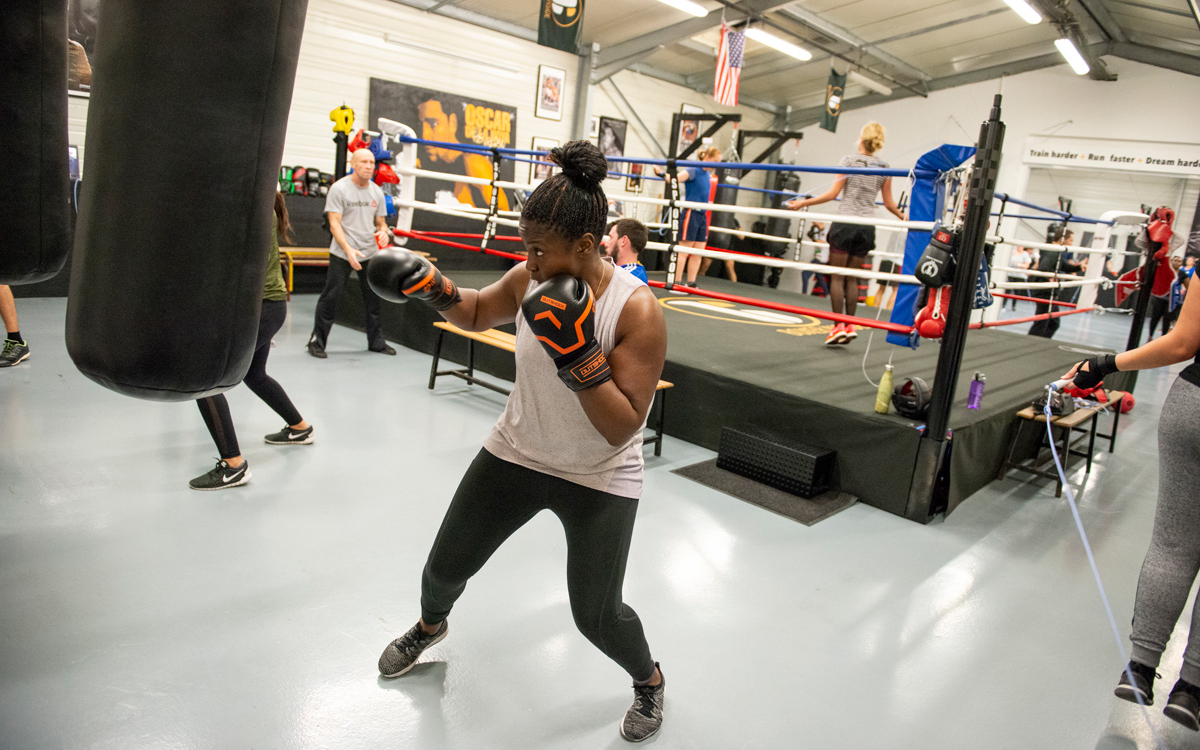When people think of boxing centers, they often envision tough fighters in the ring, sweating it out in training sessions, or competitive bouts showcasing skill, power, and endurance. However, boxing centers are more than just places for physical training; they serve as vital community hubs, promoting mental resilience, social inclusion, and personal growth Togelin. While the spotlight often falls on the sport’s physical aspect, boxing centers play a crucial role in the lives of individuals far beyond the ring.
1. The Boxing Center as a Community Anchor
Many boxing centers are integral to the neighborhoods they serve, especially in urban areas where resources and recreational spaces are limited. These centers often provide affordable access to a structured environment where individuals can learn discipline, teamwork, and self-defense. Young people, in particular, benefit from boxing as it offers an alternative to risky behaviors such as gang involvement or drug abuse.
Moreover, boxing centers foster inclusivity by welcoming people of all backgrounds and skill levels. It’s not uncommon for individuals to start as beginners, and over time, they become part of a tight-knit community. Coaches often go beyond teaching technical skills; they act as mentors and role models, guiding their students through life’s challenges. In this sense, boxing centers become safe spaces where people can come together, forming bonds that transcend socio-economic or cultural differences.
2. Boxing and Mental Health: A Therapeutic Approach
The mental health benefits of boxing are often overshadowed by its physical demands, but they are equally significant. Boxing provides a healthy outlet for stress, anxiety, and emotional turmoil. The act of punching a heavy bag or sparring with a partner can be cathartic, helping individuals release built-up tension in a controlled environment. The focus on technique and movement also forces individuals to be present in the moment, which can reduce feelings of anxiety and promote mindfulness.
In addition, boxing training encourages perseverance and mental toughness. Boxers learn how to push through physical and mental exhaustion, fostering resilience. Over time, this can translate into an improved mindset that helps participants navigate challenges outside the gym. For those suffering from depression or trauma, boxing has been shown to boost endorphins and improve self-esteem, acting as a form of therapy.
3. Boxing Centers and Personal Growth
Boxing isn’t just about learning how to fight; it’s about learning how to face challenges head-on. The discipline required to master the sport builds confidence, self-control, and a strong work ethic. These qualities often extend to other areas of life, such as academics, career goals, and personal relationships.
A key element of boxing training is goal-setting. Boxers set short-term goals to improve their technique, strength, and stamina, and long-term goals such as competing in a tournament or achieving a personal best. This focus on progress, both big and small, helps participants develop a sense of accomplishment and control over their lives.
Additionally, boxing helps develop resilience in the face of failure. Every boxer experiences setbacks, whether it’s a tough sparring session, a defeat in the ring, or a slow progress period. The ability to bounce back from these challenges teaches a valuable life lesson: failure is not the end, but an opportunity to learn and improve.
4. The Role of Boxing Centers in Social Change
Many boxing centers have taken on a social role beyond fitness and sport. Some centers partner with schools, youth organizations, or local authorities to engage in programs that provide mentorship, life skills training, and community outreach. These initiatives focus on at-risk youth, offering them an alternative path through mentorship and discipline.
Boxing has even been used as a form of rehabilitation for individuals involved in the justice system. Many boxing programs offer ex-offenders and those in rehabilitation a chance to rebuild their lives through sport. Not only does this provide a safe and positive space for reintegration, but it also teaches values such as respect, accountability, and perseverance.
5. The Evolution of Boxing Centers: A Modern Approach
In recent years, boxing centers have evolved to meet the needs of modern society. Traditional gyms with a focus solely on fitness and competition are being joined by more inclusive spaces that integrate technology, wellness, and mental health services. Many boxing centers now offer a blend of physical fitness, nutritional counseling, and mindfulness practices. Some even incorporate modern fitness trends, such as HIIT (High-Intensity Interval Training) or functional training, to cater to a wider audience.
